Together, We’re Preventing Child Abuse and Neglect So Kids Can Thrive
This April, as we commemorate National Child Abuse Prevention Month, we’re calling on all North Texans to learn more about the prevalence of child abuse and neglect in our community, to raise awareness of this important issue and to join our efforts to prevent child maltreatment of every kind.
At United Way of Metropolitan Dallas, we’ve identified education, income and health as the building blocks of opportunity. Child abuse prevention is one important component of our work that touches on all three of these areas—because a stable, loving home provides a foundation for children to live a healthy life, succeed in school and go on to achieve financial stability.
In honor of National Child Abuse Prevention Month, let’s take a look at the state of child abuse in Texas, how United Way of Metropolitan Dallas works to prevent child maltreatment and how you can get involved in this important work.
Child Abuse Remains Far Too Common in Texas
After peaking during the height of the COVID-19 pandemic in 2020, rates of child maltreatment, neglect, deaths and suicide in Texas have leveled off but remain tragically high.
In 2021, about 52,345 unique victims of child abuse were reported in Texas, the most out of any state. On a regional level, things aren’t much better. In 2022, more than 9,000 North Texas children were served by Child Protective Services (CPS), which means our region led the state in child abuse and neglect last year. More than 5,800 of those cases happened in Dallas County alone.
In 2022, 182 Texas children died due to abuse and neglect, and seven of those deaths occurred in Dallas County, according to the Department of Family and Protective Services. That state-wide number is slightly lower than the previous year’s total of 199; however, our state is still seeing, on average, more than three children die every week.
The most common cause of fatalities involving neglect were drowning, unsafe sleep, and physical neglect and medical neglect fatalities. Most Texas children who died from abuse or neglect (68%) were too young for school and not enrolled in day care, and Hispanic children accounted for the largest percentage of 2022 deaths.
These figures all indicate that our entire North Texas community must do more to prevent child abuse and neglect before it ever begins.
How United Way Works to Prevent Child Abuse and Neglect
At United Way of Metropolitan Dallas, we work to provide support services and educational resources to parents to foster healthy, caring home lives. Together with our committed supporters, we give parents the tools and knowledge they need to ward off child abuse and neglect before it ever happens.
United Way has been the lead organization on home visiting in Dallas County since 2012. Each year, we serve thousands of caregivers in North Texas with parent support programming, and we work to empower parents and eliminate common parenting stressors that increase the risk for child abuse and neglect.
Two of our programs focus specifically on supporting families with young children:
- Healthy Outcomes Through Prevention and Early Support (HOPES): HOPES helps local parents create home environments in which young children can thrive. Working with clinics, organizations and government agencies, the program seeks to reduce instances of child maltreatment by helping improve parenting skills through instruction, support and connections to community resources.
- Texas Home Visiting Program (THVP): THVP supports people in becoming great parents. This free program for soon-to-be-parents and those with children under the age of 5 matches Dallas and Collin County families with a trained home visitor—a nurse, experienced parent, trained professional or volunteer—to answer questions, offer advice, provide support and teach parents how to prepare their kids for kindergarten.
Programs like HOPES and THVP offer a variety of benefits to parents, children and the community as a whole. For example, preventing child abuse saves our state significant amounts of money. Serving a single child in the foster care system for a year costs the state of Texas $17,290, which is 17 times the amount our child abuse prevention programming costs to serve one family.
HOPES and THVP also have a profound impact on new parents, as well as any family that experiences stressful times. Take for example Karla, a client from our partner agency Lumin. Karla and her family came to Lumin when Karla was 18 months old. In her initial developmental screenings, Karla showed delays in communication and social-personal development. She also had numerous challenges during home visits: She would throw things across the room, she struggled with concentration and she had difficulty with expressive language. During some visits, Karla would hit herself in frustration. This made her mother uncomfortable and, as a result, she cancelled visits, would not take her children out of the house and became isolated.
This situation was understandably frustrating for both Karla and her mother. However, the parent educator at Lumin kept working with Karla’s mother, speaking with her about strategies and establishing routines. They worked together to create a home learning environment, to offer freedom of choice and to establish limits and routines for Karla. One year later, Karla and her mom have taken a 180-degree turn. Karla is aware of the visit routine, she sits patiently and waits until the materials are set up, and she listens attentively when mom reads her a book. Karla now goes to childcare with other kids where she is social, shares and knows how to take turns. When completing a Family Centered Assessment, Karla’s mother showed significant gains in parenting skills and building capacity.
With a little guidance and support, Karla’s mother learned how to support her daughter and create a positive learning environment in which she can thrive. This is the type of intervention that has been shown to prevent child abuse and neglect by empowering parents when they need it most.
Together, We Can Prevent Child Abuse
Child abuse cases remain high in North Texas, and we believe every child deserves protection. Join us as we work to prevent child abuse across our region. Here are three ways to get involved right now:
- Advocate for strong families. During this year’s legislative session, one of our top priorities is to advocate for expanded funding for child abuse prevention programs like HOPES and THVP. Sign up here to receive our Advocacy Alerts, and we’ll let you know how and when to contact your lawmakers to make the biggest impact possible. And click here to read more about our legislative priorities for the year.
- Volunteer during National Child Abuse Prevention Month. Support local children and parents this month through two volunteer opportunities: by donating to our baby essentials drive or giving time to the First3Years’ Safe Babies program.
- Make a donation to support child abuse prevention. When you invest in United Way, you create lasting change right here at home. Your donation will help support programs like HOPES and TVHP and help ensure all North Texas children have the opportunity to thrive. Click here to donate.
Suspect Child Abuse?
If you suspect abuse or neglect, contact the Texas Department of Family and Protective Services toll-free at 1-800-252-5400, 24 hours a day, seven days a week. You can also file a report via their Abuse Hotline website.
Need Support?
If you are a parent who is struggling with keeping your children safe and healthy, please contact one of our partner agencies for resources and support:
- Abide Women’s Health Services
- AVANCE-North Texas
- ChildCareGroup
- Dallas Independent School District HIPPY (Home Instruction for Parents of Preschool Youngsters)
- Family Care Connection
- Lumin Education
- Metrocare Services
- Parkland Nurse-Family Partnership

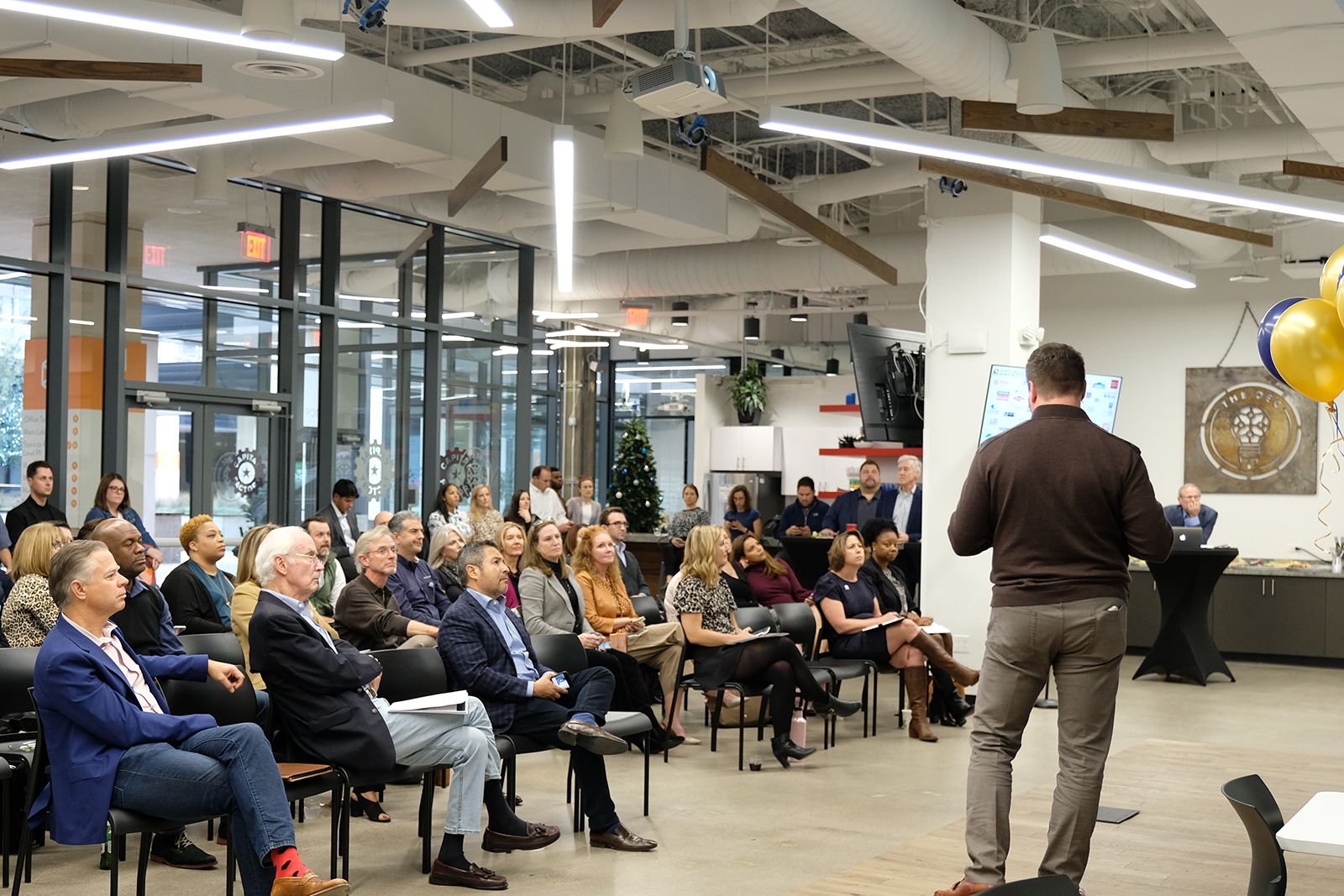
 Tolu Akinjayeju
Tolu Akinjayeju Jamika Doakes
Jamika Doakes Gwen Echols
Gwen Echols Renee George
Renee George Michael Martin
Michael Martin William M. Smith
William M. Smith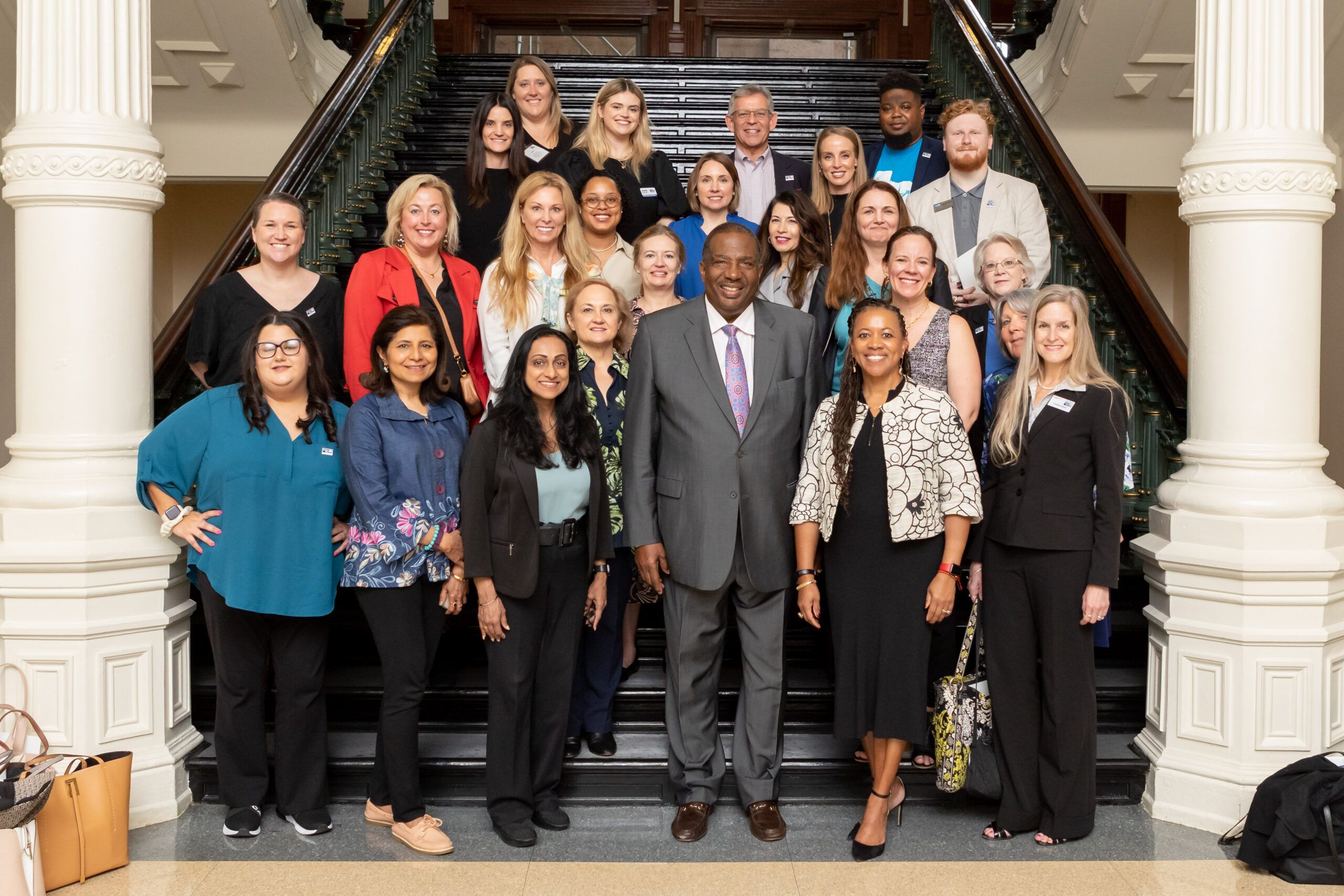

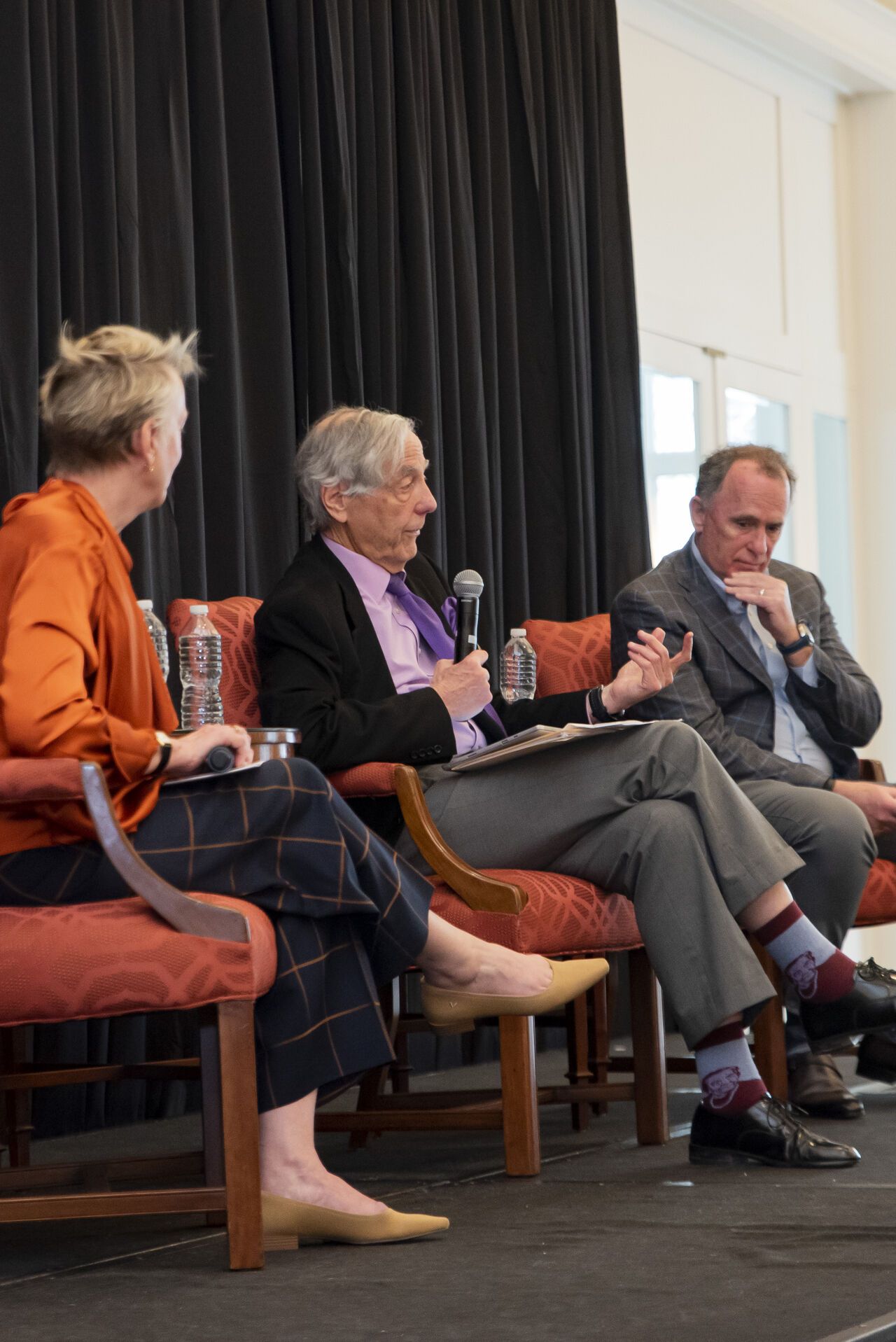
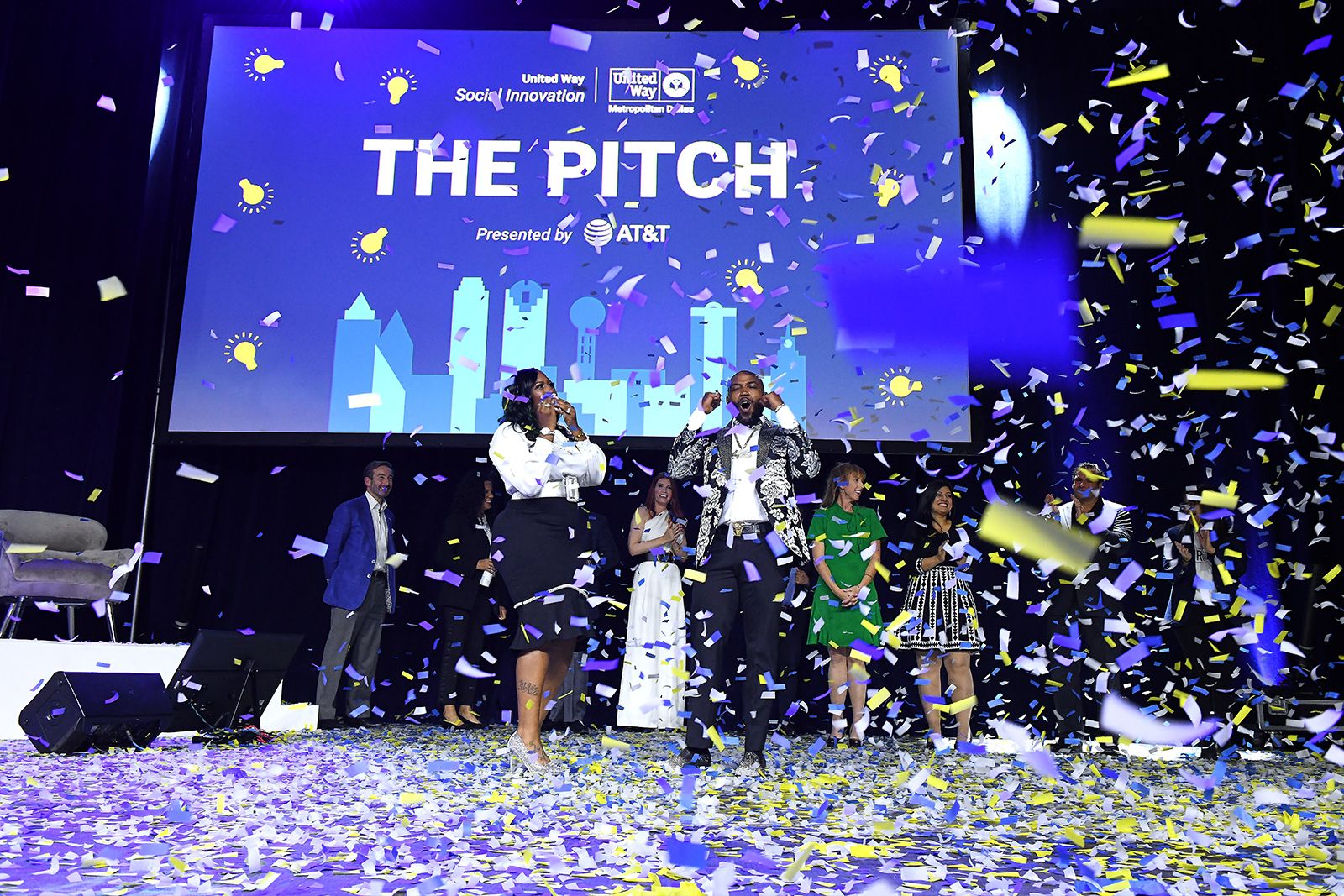
 The mission of Cornerstone Crossroads Academy is to end poverty with a holistic approach to education. The organization supports people who have dropped out of high school as they work to earn their diploma, which in turn increases their lifetime earning potential.
The mission of Cornerstone Crossroads Academy is to end poverty with a holistic approach to education. The organization supports people who have dropped out of high school as they work to earn their diploma, which in turn increases their lifetime earning potential. Empowering the Masses provides North Texans with access to a quality education that can be completed in a short amount of time. Tammy Johnson, the founding executive director of the organization, says she and her team utilize their nonprofit’s food pantry as a unique entry point to introduce individuals to their training programs.
Empowering the Masses provides North Texans with access to a quality education that can be completed in a short amount of time. Tammy Johnson, the founding executive director of the organization, says she and her team utilize their nonprofit’s food pantry as a unique entry point to introduce individuals to their training programs. Heart of Courage serves local parents who have been impacted by the child welfare system and who want to improve their lives and the lives of their children. Dania Carter, founder and CEO, says the overall purpose of the program is to help parents become self-sufficient. She and her team achieve this by addressing education, income and health of their clients, providing education and advocacy, one-on-one mentoring, parent support groups, job readiness, educational services and community outreach.
Heart of Courage serves local parents who have been impacted by the child welfare system and who want to improve their lives and the lives of their children. Dania Carter, founder and CEO, says the overall purpose of the program is to help parents become self-sufficient. She and her team achieve this by addressing education, income and health of their clients, providing education and advocacy, one-on-one mentoring, parent support groups, job readiness, educational services and community outreach. At March to the Polls, executive director Camila Correa Bourdeau and her team work to increase voter participation for historically underrepresented communities—because voting is a key lever for improving education, income and health outcomes in our community.
At March to the Polls, executive director Camila Correa Bourdeau and her team work to increase voter participation for historically underrepresented communities—because voting is a key lever for improving education, income and health outcomes in our community.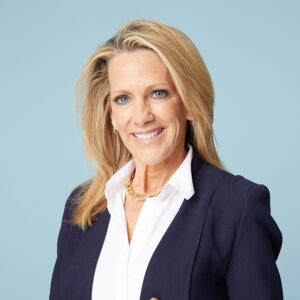 Together We Thrive works to connect North Texas youth who have experienced homelessness, sex trafficking or the foster care system with community support and resources. The organization provides a life coach for each client, creating a consistent relationship on which children can rely. Life coaches work closely with their clients until they achieve a place of sustainability, while also helping them develop and grow relationships in the community.
Together We Thrive works to connect North Texas youth who have experienced homelessness, sex trafficking or the foster care system with community support and resources. The organization provides a life coach for each client, creating a consistent relationship on which children can rely. Life coaches work closely with their clients until they achieve a place of sustainability, while also helping them develop and grow relationships in the community.
